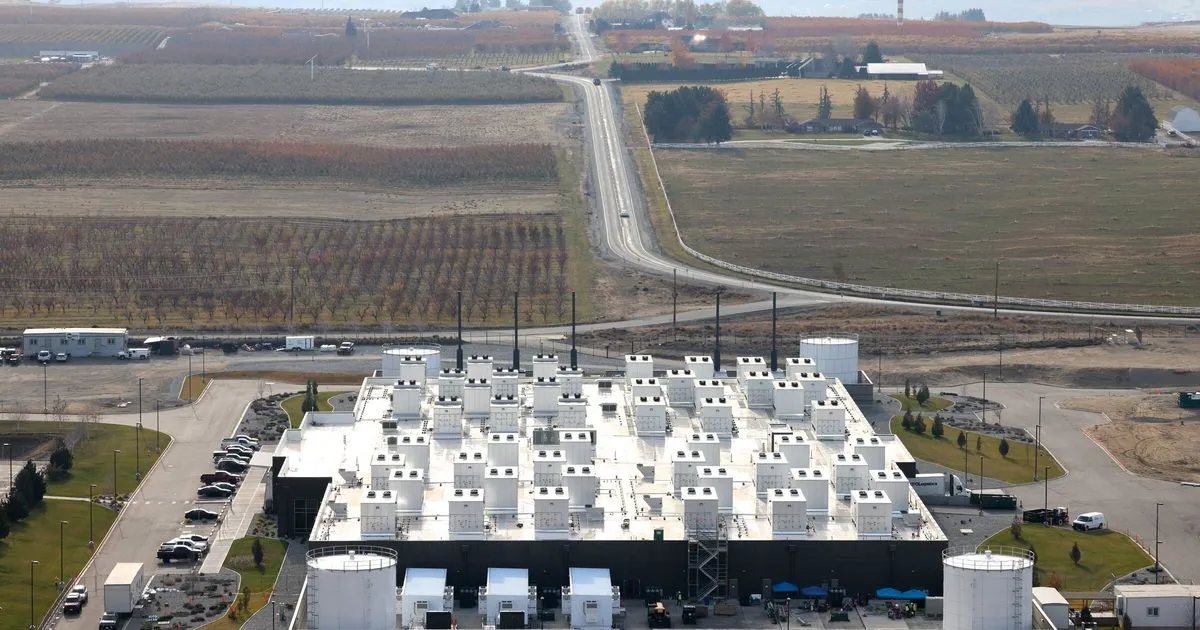In 2010, as the country still reeled from the worst economic crisis since the Great Depression, tech companies, real estate developers and rural lobbyists went to the state Capitol in Olympia to press for a tax break for data centers.
Turning it down, supporters argued, would mean rejecting high-paying, long-term and environmentally friendly jobs in distressed parts of rural Washington. Owners of data centers — gargantuan facilities filled with computer servers that power the internet — were scouting Washington and other states for new homes.
“In the end,” then-state Sen. Rodney Tom, D-Medina, who advocated for the tax break, told his Senate colleagues, “we get the clean jobs that all the states are competing with, as far as the jobs it takes to run these things long term.”
State lawmakers nearly unanimously passed the special exemption and have kept the benefits flowing to the industry ever since. But the tax break has strayed from its original promises, and the state failed to fully scrutinize whether the sacrifices were worth it, a deep examination of legislative archives, public tax disclosures and utility data by The Seattle Times and ProPublica revealed.



“Environmentally friendly”? No, they use crazy amounts of power.
“High-paying, long-term” jobs? Working in a data center may be in the tech field, but it doesn’t offer what people think of as “tech money” and your opportunity for advancement is slim. Data centers also don’t need to employ large numbers of people. They just suck up space and resources.
Edit:
Oh look, I was right. Could have told you all that before the state wasted money on this.